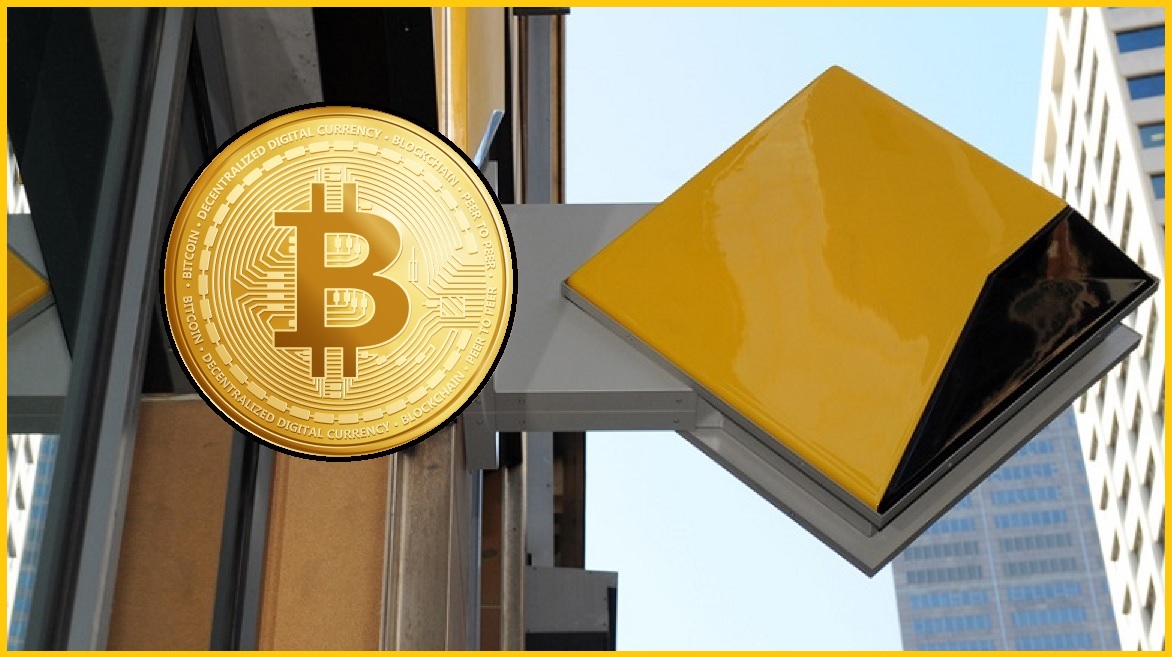The Commonwealth Bank of Australia (CBA) will start offering cryptocurrency exchange services as part of its CommBank app, becoming the first of Australia’s big four banks to let its customers own and trade the popular digital assets.
Early access will begin by the end of the year, giving CommBank customers direct access to 10 cryptocurrencies including Bitcoin, Ethereum, Bitcoin Cash, and Litecoin.
CBA CEO Matt Comyn said the new offering is a response to high levels of demand for cryptocurrency.
“We believe we can play an important role in crypto to address what’s clearly a growing customer need and provide capability, security and confidence in a crypto trading platform,” he said.
An estimated one in six Australians currently own cryptocurrency, according to a report from Finder.
CBA is building its exchange and custodial platform in partnership with crypto exchange Gemini and blockchain analysis firm Chainalysis, which on Tuesday announced it was opening its local offices in Canberra.
Details are scant on what the CBA crypto offering will entail.
As yet there is no mention of trading fees or staking features which are common with large exchanges.
But Comyn said having a traditional financial institution offer cryptocurrency would at least help legitimise the market for Australians – and hopefully keep them away from scam products.
“Customers have expressed concern regarding some of the crypto services in market today, including the friction of using third party exchanges, the risk of fraud, and the lack of trust in some new providers,” he said.
“This is why we see this as an opportunity to bring a trusted and secure experience for our customers.”
Just this week a cryptocurrency based on the popular Netflix TV series Squid Game revealed itself as a scam, with the token’s creators stealing around $2.6 million from investors.
Legitimatising crypto
Local regulators have also begun taking cryptocurrency more seriously of late.
The Australian Securities and Investment Commission (ASIC) last week released official guidance for companies offering exchange and custodial services – like CBA will soon do – to help them meet compliance obligations.
It has also created a new ‘crypto-asset’ category in the application for responsible entities licensing.
A recent senate committee made a series of recommendations for the government to overhaul how it treats cryptocurrencies, including a simpler treatment of tax for investors, and an update to corporate laws to allow for decentralised autonomous organisation (DAO) company structures.
Senator Andrew Bragg, chair of that committee, said he was glad to see banks embracing cryptocurrency.
"For too long, banks have cast aside cryptocurrency as an illegitimate fringe pursuit," Bragg said in a statement.
"I am pleased the tide is turning, as digital assets are mainstreamed."
Caroline Bowler, CEO of Australian bitcoin exchange BTC Markets, described the sudden change of momentum as being like “Australia has suddenly put the lead foot down” on cryptocurrency.
“We have been touted as playing catch up all this while, but now we're moving into a leadership position globally with our largest bank, and one of the most significant mainstream financial institutions in the world offering millions of customers access to cryptocurrencies,” she said.
“With regulation in the offing and the largest bank in the country allowing it, the floodgates are now open for more appetite from traditional finance and smart money to move into cryptocurrencies.”
Founder of comparison site Finder, Fred Schebesta, said CBA’s entry into crypto was “a great move”.
“It’s a sign that banks are finally starting to adapt to the huge consumer demand for crypto, which is now sitting at a $3.67 trillion market cap,” he said.
“We know that there are approximately 3.3 million Australian adults who hold or trade crypto and more people will be joining the trend as banks and regulators around the world become more accepting of the new digital currencies.”










